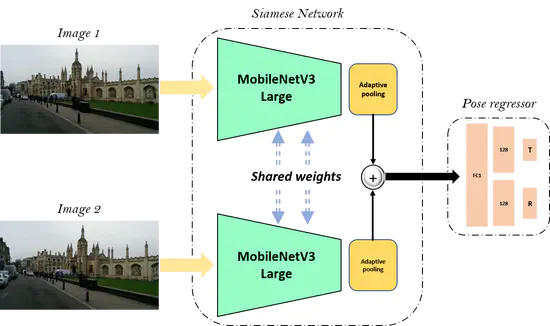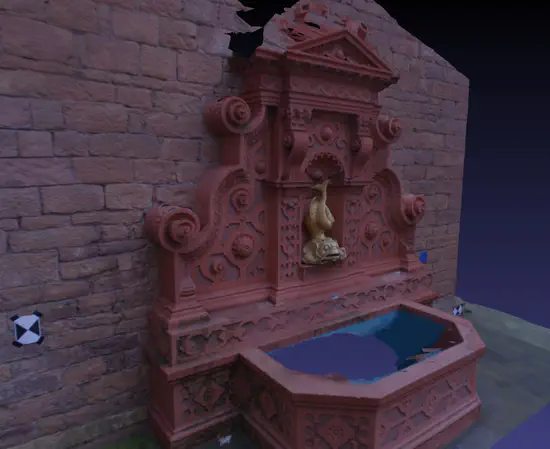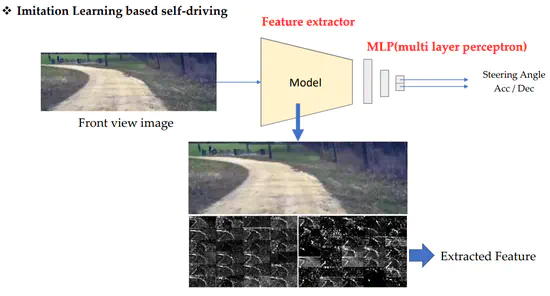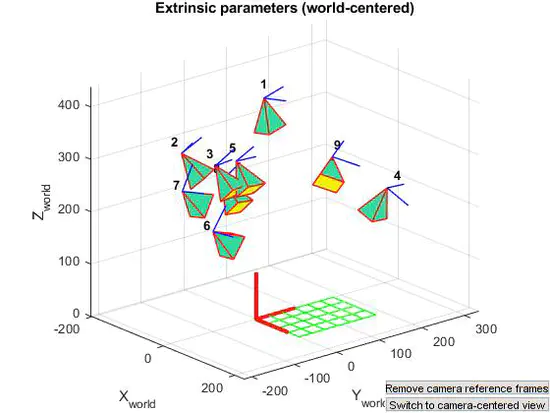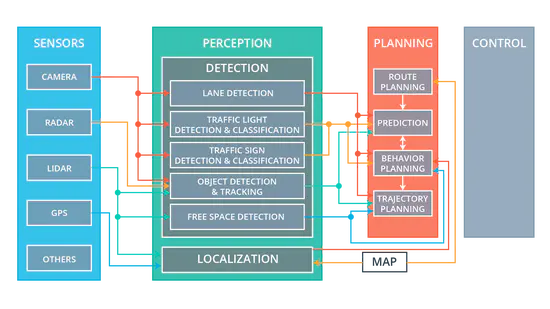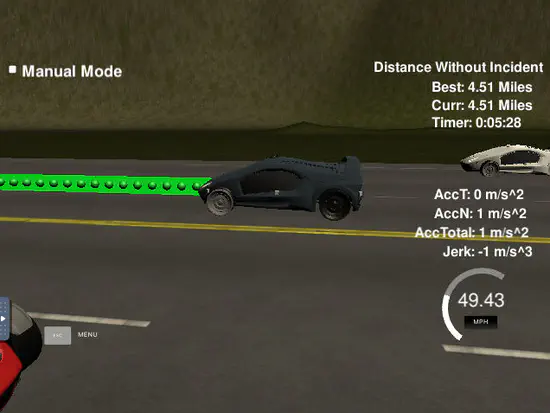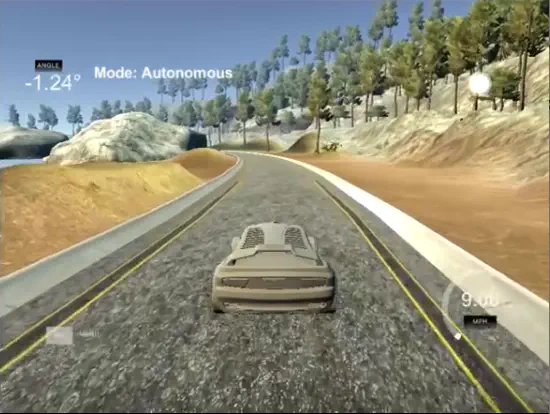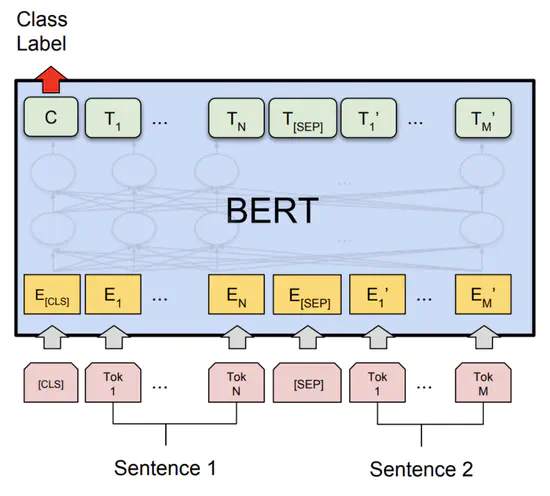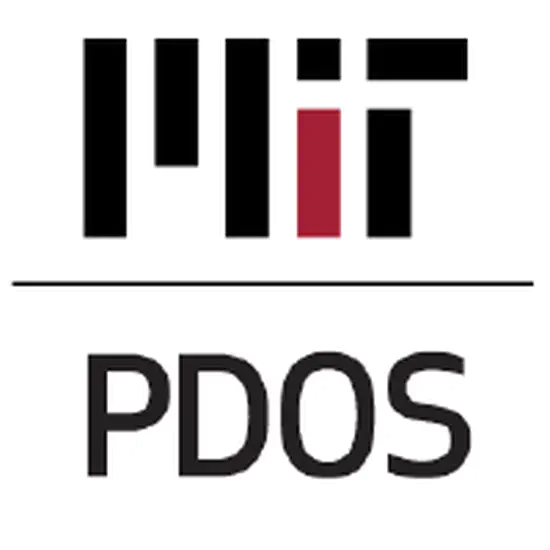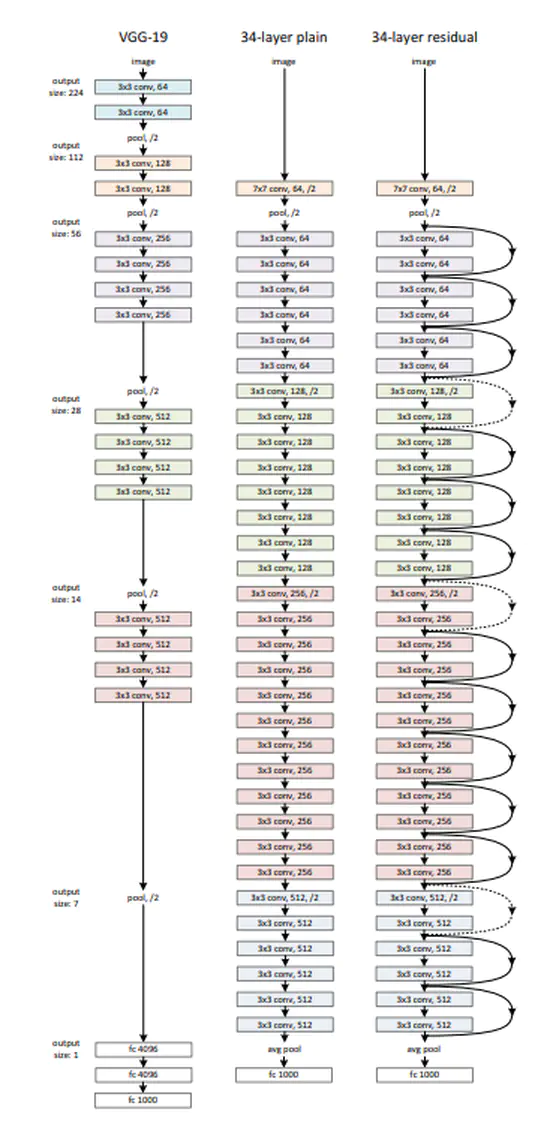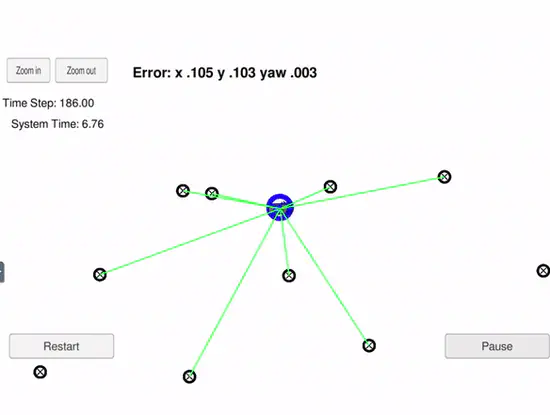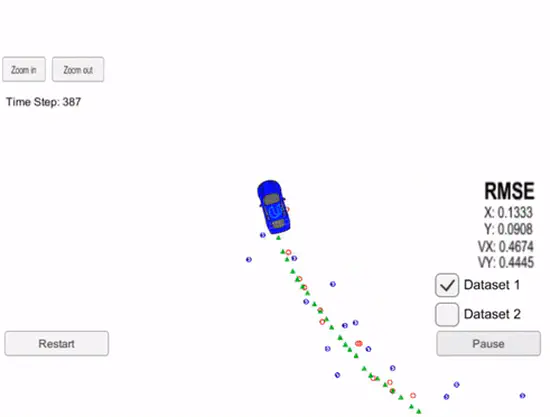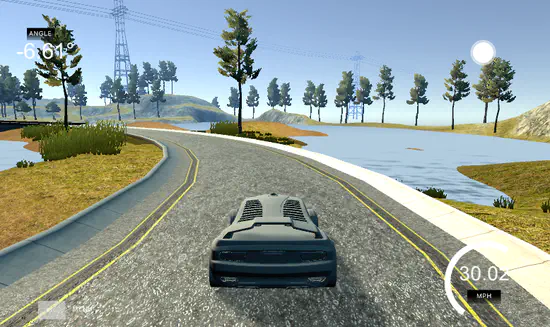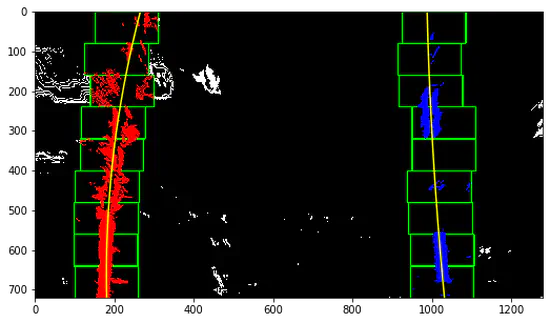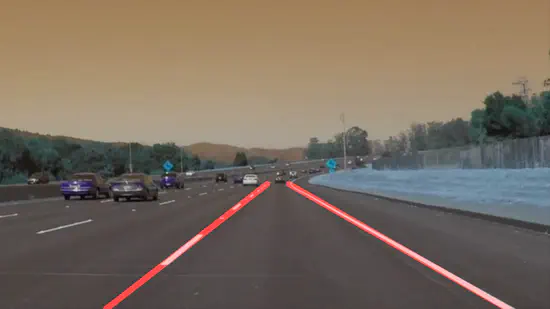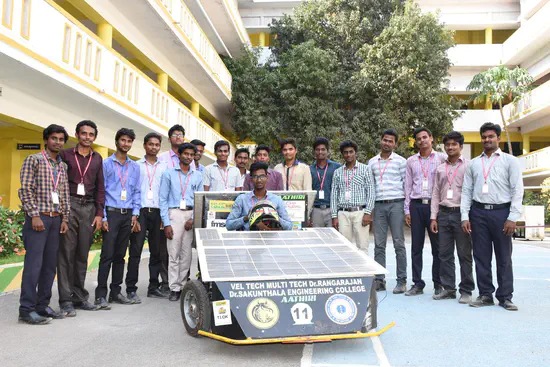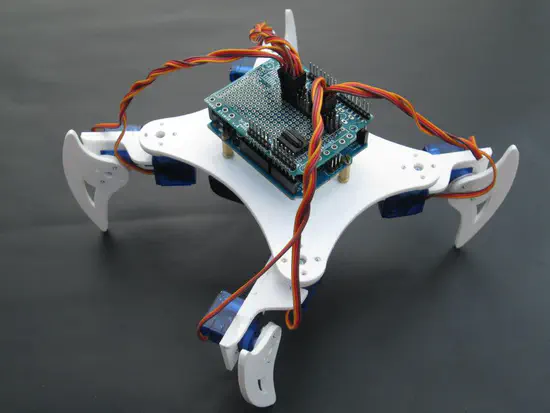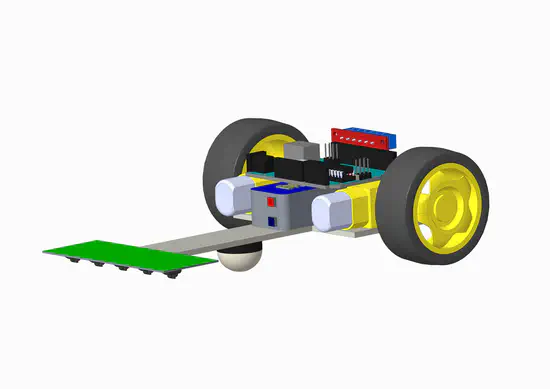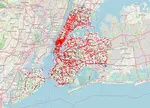Hello! :)
I’m Praveen.
I am a Computer Vison / AI Research Engineer at Neubility, I specialize in developing perception algorithms for self-driving robots. I possess a deep understanding of multiview geometry and a passion for training deep neural networks and optimizing them to make them lightweight.
Previously, I was a Graduate student researcher in Vehicular Intelligence Lab at Korea Advanced Institute of Science and Technology where I pursued M.S. in Future Vehicle Program. My research interests include deep learning, 3D computer vision and autonomous driving. Also, I worked with SL Lumax and SL Corporation as Automotive Software Engineer.
I enjoy videos of 3Blue1Brown and Veritasium.
I love cycling. I’ve completed all the officially listed bicycling paths in Korea and received Cycling Road Grand Slam Award.
- Deep Learning
- 3D Computer Vision
- Autonomous Driving
-
M.S. in Future Vehicle Program, Mar 2021 - Feb 2023
Korea Advanced Institute of Science and Technology
GPA: 3.9 / 4.3 ~ 95.55%
-
B.E. in Electrical and Electronics Engineering, Jun 2013 - May 2017
Anna University
GPA: 8.1 / 10 ~ 81%
Transcript is here
Recent Updates
- Jul 2024: I've graduated fromMachine Learning DevOps Engineer Program, at Udacity. See projects here.
- May 2024: a short interview article about foreigners at Neubility, sharing my opinions and experiences.Read the article here.
- April 2024: I will be a reviewer for IEEE Robotics and Automation Letters(RA-L)
- March 2024: I'm excited to announce that I've been accepted to the Oxford Machine Learning Summer School (OxML 2024)[MLx Generative AI (Theory, Agents, Products)], which will take place in August at the University of Oxford.
- Jan 2024: I've graduated fromSensor Fusion Nanodegree Program, at Udacity. See projects here.
Experience
- Spearheaded the development of AI-based object detection algorithms/handling class imbalance data.
- Leveraged Diffusion-based AI methods to diversify training data and enhance model performance.
- Analyzed and managed open/proprietary datasets to extract valuable insights.
- Proficiently utilized MLOps tools like WandB and MLflow for streamlined development and deployment.
- Developed systems for deidentifying sensitive data, such as human faces and car license plates.
- Uncertainty-based active learning to improve the data pipeline/model performance.
- Continually incorporating state-of-the-art approaches to improve system performance.
- Familiar with Docker/ONNX/TensorRT for deployment.
- Worked on accident prevention ADAS system using OpenCV, Deep learning, Class activation maps, and Segmentation.
- Worked with ROS for the Multi‑LiDAR parking robot project.
- Collaborated on PMD path planning and trajectory prediction in heterogeneous traffic.
- Achieved SoTA on relative camera pose estimation problems with deep learning and published at ECCV‑Workshop 2022
- Working on GANs for Domain Adaption. Exploring MOT and Point Cloud Registration/Analysis for further research
- Part Leader for the Indian software verification Team at SL Corporation.
- Responsible for Software Unit testing (APP+BSP) of Head Lamps LED Driver Module (LDM) , Electronic Control Unit (ECU) , Integrated Lamp Control Unit (ILCU), Door side Object Detection , Camera Monitoring System, Intelligent battery management system and E‑shifters.
- Performed more than 250+ software unit/integration testing projects with the team. In‑depth Boundary‑Value analysis for safety critical systems (bitwise/absolute)
- Professional working knowledge on CodeScroll Controller tester for Unit/Integration testing, VBA, VectorCAST and Source code analysis.
- Preparing test Specification and establishing Traceability between Design requirements and test Specification.
- Interaction with Software Design Engineers, and analyze the issues to fast pace the development and test closure activities.
- Sent to HQ to closely work with developers and test engineers of various countries such as the USA, China, Korea and India.
- Certified ISTQB CTFL by Korean Software Testing Qualifications Board.
- Trained to work with Arduino UNO, Electronics, Sensors, Actuators and Programming microcontrollers
- Built different robotics applications such as line follower, RC boat, RC hovercraft
- Hands-on experience on Bluetooth and various modules for navigation
Accomplishments
- Project 1: Predict Customer Churn with Clean Code
- Project 2: ML Pipeline for Short-term Rental Prices in NYC
- Project 3: Deploying a ML Model on Heroku with FastAPI
- Project 4: Dynamic Risk Assessment System
- 0. Intro to LLMOps
- 1. LLMOps in Practice
- 2. Case Studies & Advanced Topics
- 3. Future of LLMOps
- Project 1: Lidar Obstacle Detection Project
- Project 2: Camera Based 2D Feature Tracking
- Project 3: Track an Object in 3D Space
- Project 4: Radar Target Generation and Detection
- Project 5: Unscented Kalman Filter Highway Project
- 0. Introduction to AI Product in Business context
- 1. Creating A Dataset
- 2. Build A Model
- 3. Capstone: AI Product Business Proposal
- OxML aims to provide the participants with best-in-class training on a broad range of advanced topics and developments in machine learning (ML), including deep learning (DL). OxML schools by AI for Global Goals and in collaboration with CIFAR and the University of Oxford's Deep Medicine Program.
- ML Fundamentals consist of Statistical ML, Deep Learning, Optimisation, Mathematics of ML and related topics.
- ML x Health consists of Bayesian ML, Representation Learning, Geometric Deep Learning, Graph Neural Networks, Computer Vision, Knowledge Graphs, Knowledge-Aware ML, Symbolic Reasoning, Neuro-Symbolic AI and related topics.
- Grade: 92.65%
- Bayesian Networks, which rely on a directed graph; and Markov networks, which use an undirected graph.
- Theoretical properties of these representations and their use.
- Important extensions beyond the basic PGM representation, which allow more complex models to be encoded compactly.
Covers full stack of a vehicle’s autonomous capabilities in two terms along with projects.
Term 1: Computer Vision, Deep Learning, and Sensor Fusion
- Project 1: Finding Lane Lines
- Project 2: Advanced Lane Finding
- Project 3: Traffic Sign Classifier
- Project 4: Behavioral Cloning
- Project 5: Extended Kalman Filters
Term 2: Localization, Path Planning, Control, and System Integration
- Project 6: Kidnapped Vehicle
- Project 7: Highway Driving
- Project 8: PID Controller
- Project 9: System Integration
Data and Deployment Specialization, teaches how to apply the knowledge in various deployment scenarios and get introduced to TensorFlow Serving, TensorFlow, Hub, TensorBoard, implementing projects for adding to portfolio. It icludes the following courses:
- Browser-based Models with TensorFlow.js
- Device-based Models with TensorFlow Lite
- Data Pipelines with TensorFlow Data Services
- Advanced Deployment Scenarios with TensorFlow
The Deep Learning Specialization is a foundational program that helped you understanding the capabilities, challenges, and results of deep learning and prepared me to participate in the development of leading-edge AI technology, It icludes the following courses:
- Neural Networks and Deep Learning
- Improving Deep Neural Networks: Hyperparameter Tuning, Regularization and Optimization
- Structuring Machine Learning Projects
- Convolutional Neural Networks
- Sequence Models
TensorFlow is one of the most in-demand and popular open-source deep learning frameworks available today. The DeepLearning.AI TensorFlow Developer Professional Certificate program teaches to apply machine learning skills with TensorFlow to enable building and training models. It icludes the following courses:
- Introduction to TensorFlow for Artificial Intelligence, Machine Learning, and Deep Learning
- Convolutional Neural Networks in TensorFlow
- Natural Language Processing in TensorFlow
- Sequences, Time Series and Prediction
- Grade: 93.97%
- A broad introduction to machine learning, datamining, and statistical pattern recognition. Topics include: (i) Supervised learning (parametric/non-parametric algorithms, SVM, kernels, neural networks). (ii) Unsupervised learning (clustering, dimensionality reduction, recommender systems, deep learning). (iii) Best practices in machine learning (bias/variance theory; innovation process in machine learning and AI).
- Applying learning algorithms to building smart robots (perception, control), text understanding (web search, anti-spam), computer vision, medical informatics, audio, database mining, and other areas.
Given to Cyclists who has completed cycling route tours for all zones [ 1837KM ].
- Ara West Sea Lock to the lower basin of Nakdonggang (riv.)
- 4 Rivers route : Hangang (riv.), Geumgang (riv.), Nakdonggang (riv.), and Yeongsangang (riv.)
- Korean East Coast Trail cycling route
- Jeju Fantasy Bicycle Path
- Received Go green award for making an efficient solar vehicle with the team of 25 members for Asia’s largest solar vehicle competition, ESVC, Andhrapradesh, India, Mar 2017
- ISIEINDIA organized 8 Successful season of ESVC with consistency of improvement in Vehicle quality, innovations and dedication of teams. The Event (ESVC) is recognized solar car chain event by International Solar Car Federation in India. ESVC 3000+ is an authorized part of Electric Vehicle Mission 2030 by NITI AAYOG, Gov. of India.
- Won 2nd prize for the Robotics event of Path Finder (Line Follower) in the national level technical symposium VISION 2016 organized by Anna University, Chennai, Apr 2016
- We are expected to design and build a robot (Autonomous robot) with the given specifications in a Line follower competition. Points are assigned based on time to target, with deviations from the black line’s given path avoided. The robot will encounter various obstacles, zig-zag lines, curve lines, and intersecting lines, and it is expected to reach the target without being misled. We are also expected to program it in a different way in different rounds.
